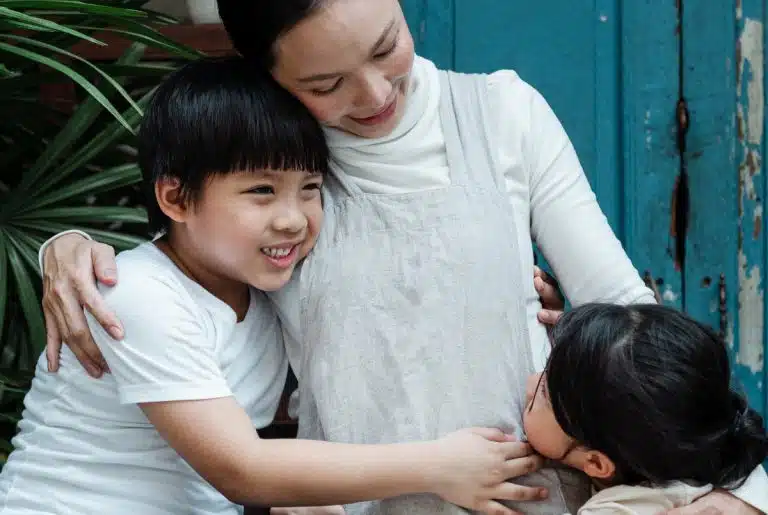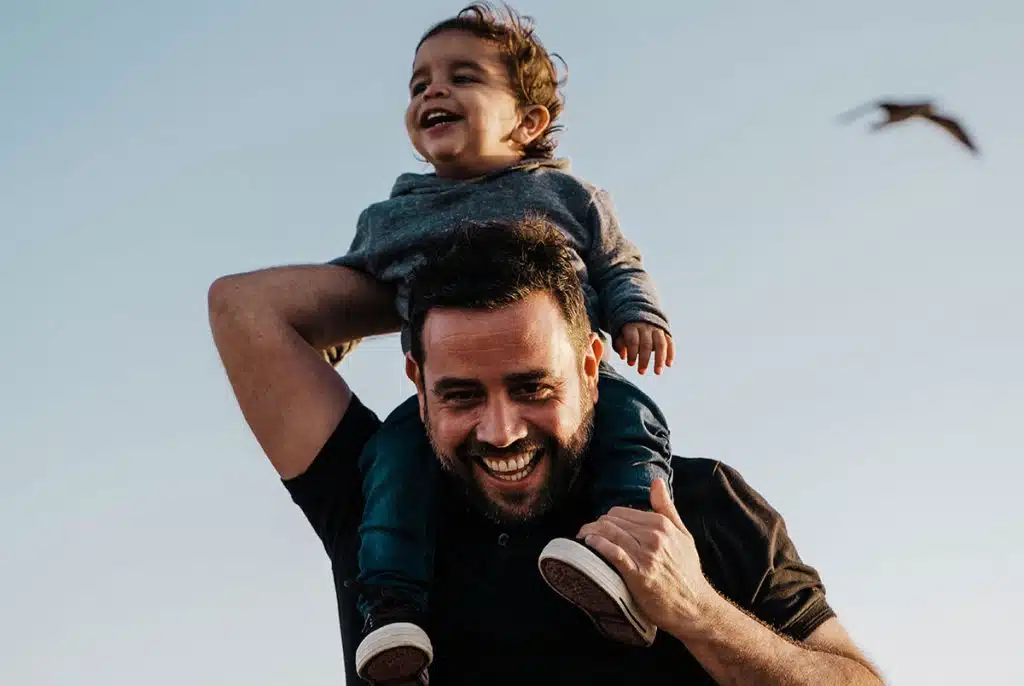Goal setting isn’t just for adults chasing career milestones or fitness targets. For children, learning to set and work towards goals can build confidence, resilience, and a sense of responsibility.
But as parents, our role isn’t to map out every milestone for them – it’s to help them choose meaningful goals, break them down into achievable steps, and celebrate their progress along the way.
Start small and keep it achievable
For preschoolers, goals work best when they’re simple, short-term, and linked to positive feedback.
“A goal for a young child might be as straightforward as packing up their toys before dinner, or taking their plate to the sink,” says Elisabeth Shaw, clinical psychologist and our CEO. “These can be completed within minutes and give children a clear sense of accomplishment.”
Long-term or overly ambitious goals can be discouraging. Short, achievable tasks help children see themselves as capable – and build the confidence to take on more challenging goals in the future.
Make sure the goal is for them – not you
It’s natural to want your child to excel, but sometimes our own aspirations can creep in. Elisabeth suggests pausing to ask: is this goal about my child’s growth, or my own expectations?
For example, encouraging your preschooler to read before school starts can be valuable – but if the real aim is to have them “ahead of the pack,” it may cause unnecessary pressure. Instead, focus on skills and behaviours that will help them thrive, such as playing well with others, following routines, or caring for their belongings.
As children grow, hand them the reins
For teenagers, the principles are similar – start with achievable steps – but the ownership needs to shift. “If a goal isn’t theirs, they’ll switch off,” Elisabeth says. “Work with them to explore why the goal matters, what support they need, and what success looks like. Your role is more coach and cheer squad than police officer.”
Review, adjust, and celebrate progress
Goals aren’t always achieved exactly as planned – and that’s okay. Reviewing goals together helps children see the value in what they’ve achieved, even if the outcome isn’t perfect. “Sometimes the process reveals a different, more relevant goal,” Elisabeth explains. “This keeps their self-belief intact and teaches them flexibility.”
Supporting anxious children
If your child experiences anxiety, break goals into even smaller steps. Instead of “tidy your room,” start with “put all the socks in the drawer.” Celebrate each genuine step forward – but avoid over-praising something that hasn’t moved them closer to the goal.
Helping children set and achieve their own goals teaches more than task completion – it builds problem-solving skills, independence, and a belief in their own abilities. Keep goals small, meaningful, and child-led, and you’ll be setting them up for success in more ways than one.
Looking for more parenting strategies? Our experienced counsellors can help you support your child’s emotional and social development. Learn more about our parenting workshops or explore our Knowledge Hub for practical tips and resources.
Related Services & Workshops

Counselling.Families.Life Transition
Family Counselling
Our trained and compassionate family therapists provide Family Counselling services online and in-person throughout NSW. Family Counselling provides a safe space to address problems, hear each other’s perspectives, overcome difficulties, improve communication, and restore and strengthen relationships.

Group Workshops.Families.Parenting
Tuning in to Kids
This program helps parents and carers of children 12 and under ‘tune in’ and improve communication and connection with their kids. Practical tools help you build emotional intelligence in your child and manage challenging behaviour.

Group Workshops.Families.Parenting.Multicultural
Circle of Security
This early intervention program offers tools to strengthen bonds with your children and help them feel more secure. Grounded in research, you’ll discover ways to develop your child’s self-esteem and their ability to forge healthy relationships both within and outside the family.






